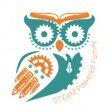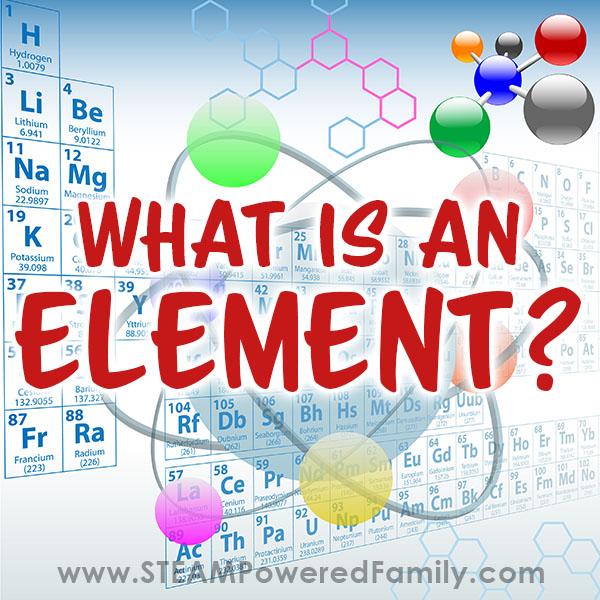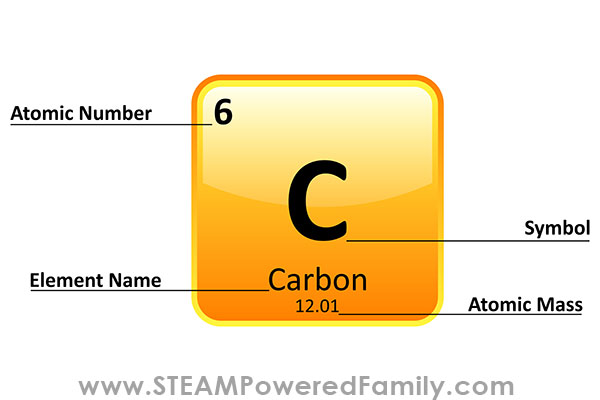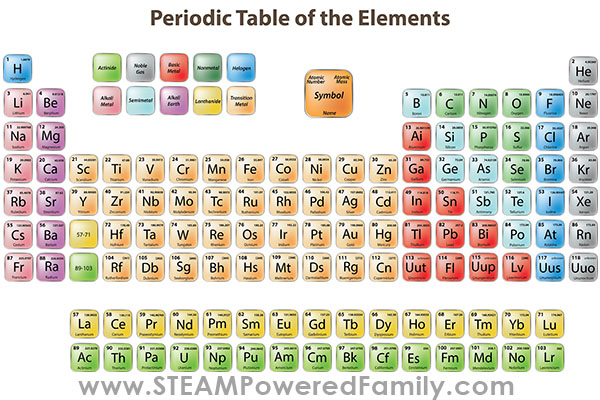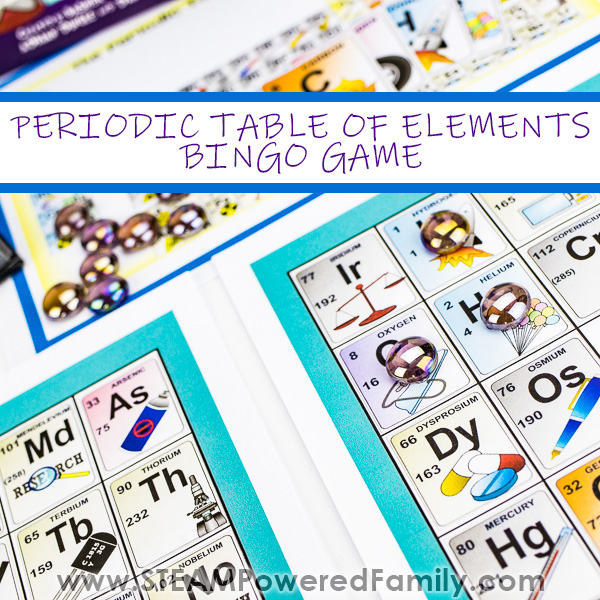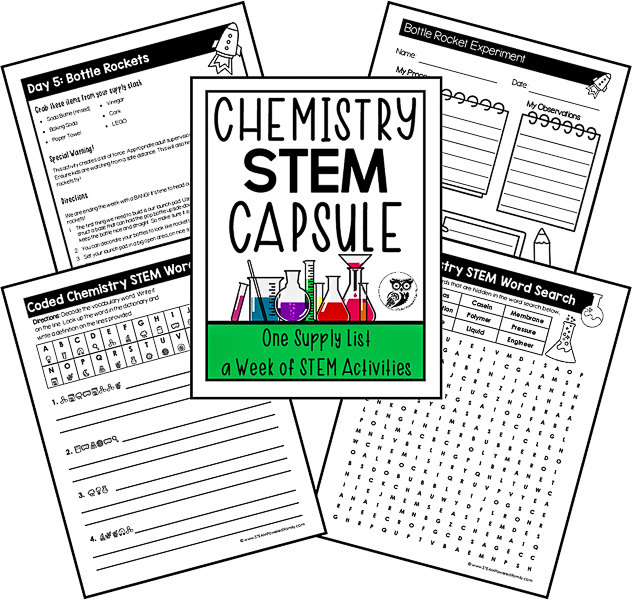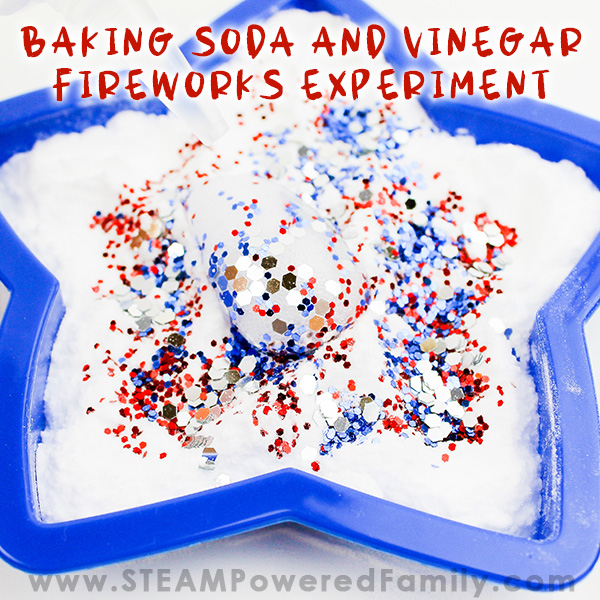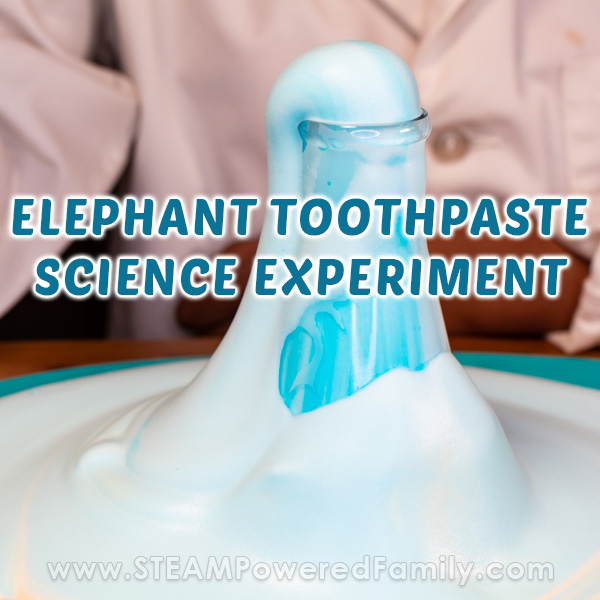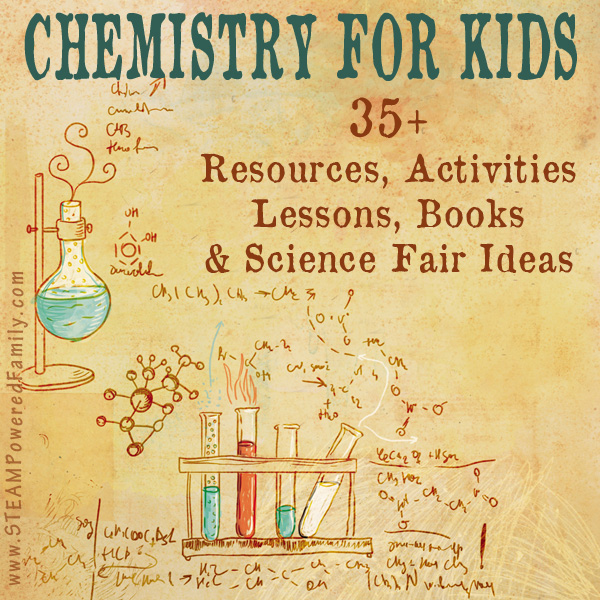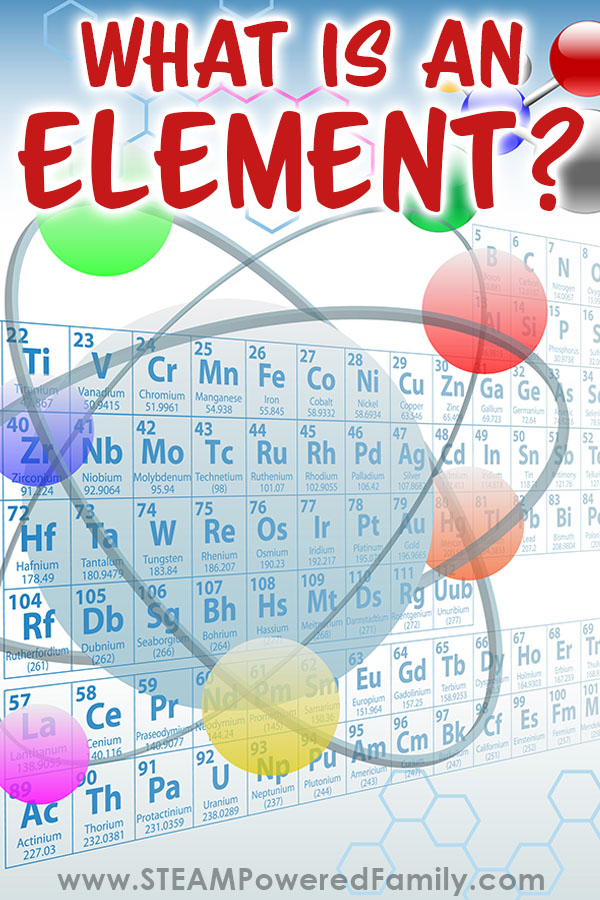What is an Element?
We love chemistry! So today we are going to dig into an important part of chemistry… understanding Elements. By learning and understanding elements and The Periodic Table of Elements, we can become proficient chemists. Able to study and learn from chemical reactions. So the big question of the day… What is an Element?
What is an Element in Chemistry?
Disclaimer: This article may contain commission or affiliate links. As an Amazon Influencer I earn from qualifying purchases.
Not seeing our videos? Turn off any adblockers to ensure our video feed can be seen. Or visit our YouTube channel to see if the video has been uploaded there. We are slowly uploading our archives. Thanks!
Just to make things really clear, we are referring to chemical elements (not the weather!). So what is an element in chemistry?
A Simple Definition of an Element
First let’s keep it simple. An element is a substance that cannot be broken down by chemical means or reactions into another substance.
Although elements are not altered by regular chemical reactions, new elements may be formed by nuclear reactions.
Let’s take a very simple example. We all know and love water, which has the chemical formula of H20 which is a compound. We often use water in our experiments. During some reactions, water can be broken down into 2 Hydrogen and 1 Oxygen. That means it is not an element because it can be broken down into new substances. But both Hydrogen and Oxygen can not be broken down into a a new substance. This means they are elements.
See how the chemical formulas start to make sense? They aren’t just a jumble of letters and numbers!
Let’s dive a bit deeper with some other terms.
What is an Atom?
Ok, so we got elements. Now what are atoms?
Each element is made up of its own type of atom. All atoms in an element are identical.
The atom is the basic building block for all matter in the universe. Atoms are the smallest unit of matter that retains all of the chemical properties of an element. They are made up of a few even smaller particles called: electrons, protons, and neutrons.
What is Matter?
The term ‘matter‘ refers to anything that occupies space and has mass. It is the “stuff” the universe is made of. Elements are the building blocks of Matter.
OK, so we have Elements (which are made from atoms), which, when linked up with other Elements, creates Matter. Let’s dig into Elements a bit more.
The Periodic Table of Elements
This might all seem very confusing, but we have a really fantastic tool to help us stay organized and understand all the known elements in the universe. There currently 118 known elements. Scientists are constantly working on discovering new elements. So that number continues to grow. With that many elements, it helps to have a great tool to keep them all organized. That tool is called the Periodic Table of Elements.
The Periodic Table of Elements is a fancy looking, colour coded table of all the elements organized by atomic number. It was invented by Russian chemist Dmitri Mendeleev in 1869 when there were 63 known elements. He classified by atomic weight, and arranged a table listing them with vertical rows corresponding to shared chemical characteristics. Over the years the table has grown with the discovery of new elements.
Elements on the Periodic Table
Each block on the table represents one of the 118 chemical elements. They are organized based on atomic number. The lowest atomic number, hydrogen, to the element with the highest atomic number, oganesson. The atomic number of an element is the number of protons in the nucleus of an atom of that element.
The Periodic Table has rows (called periods) and columns (called groups) and is often colour coded. These colours represent element groups and can vary based on the design of the Periodic Table. These are elements which share similar chemical and physical properties, and provides a quick and easy way for scientists to gain information from the table.
Learn More About Elements
Now we have answered the question: What is an Element? here are more resources to explore chemical elements further.
Periodic Table of Elements BINGO
Your classroom will have a great time learning the Periodic Table of Elements with our Periodic Table of Elements Bingo game. This is a fun, interactive way to become familiar with the Periodic Table and all of the elements.
Chemistry Printable Pack
Check out the SPF shop for our Chemistry Capsule. It includes a one week lesson plan of STEM activities using one budget friendly, simple to source, supply list.
Chemistry Kits and Curriculum at Home
Want to get hands on with elements and chemistry, but not sure where to start? MEL Science offers wonderful Chemistry programs you can do right at home. It is like having a mini chemistry lab delivered to your house every month.
Favourites on our Chemistry Bookshelf
There are some absolutely stunning books to learn more about the Elements. Our favourites are books with amazing photography. There is an entire world around us that is too small to see, but thanks to these books we can get an inside look. And it is absolutely stunning!
Theodore Gray – Elements: A Visual Exploration of Every Known Atom in the Universe
Theodore Gray – Molecules: The Elements and the Architecture of Everything
DK Smithsonian – The Elements Book: A Visual Encyclopedia of the Periodic Table
Basher Science: The Complete Periodic Table: All the Elements with Style!
Another fun way to explore the elements is with a Periodic Table of Elements Puzzle!
Hands On Chemistry Experiments
If you want to get hands on with some elements and do some experiments, here are some great chemistry experiment ideas.
